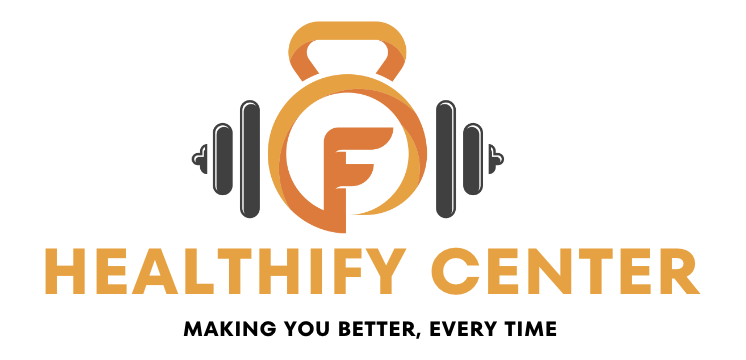Health centers play a crucial role in making quality healthcare accessible to all. These facilities are designed to provide comprehensive, high-quality, and affordable primary care services to individuals and families, regardless of their ability to pay. By offering a wide range of services, health centers are able to address the diverse healthcare needs of the communities they serve, ultimately improving health outcomes and reducing disparities in access to care.
One of the key ways in which health centers make healthcare accessible to all is by offering a sliding fee scale. This means that individuals and families with low incomes can receive care at a reduced cost based on their ability to pay. This can be a game-changer for individuals who may otherwise not be able to afford the healthcare they need. In addition, health centers also accept Medicaid, Medicare, and private insurance, ensuring that individuals with different types of coverage can access the care they need.
Moreover, health centers are often located in underserved areas where access to healthcare may be limited. By bringing healthcare services directly to these communities, health centers are able to bridge the gap and provide essential care to those who may face barriers in accessing traditional healthcare settings. This is particularly important for individuals who may not have reliable transportation or who are unable to travel long distances to receive care.
Furthermore, health centers are designed to provide comprehensive care that goes beyond just medical services. Many health centers offer dental, behavioral health, and pharmacy services, ensuring that patients can receive all of their healthcare needs in one convenient location. This integrated approach to care not only makes it easier for individuals to access the services they need but also ensures that all aspects of their health are addressed.
Additionally, health centers focus on prevention and health promotion, offering services such as immunizations, screenings, and education to help individuals and families stay healthy and prevent the onset of chronic conditions. By taking a proactive approach to health, health centers can help reduce the burden of disease and improve the overall well-being of their communities.
In conclusion, health centers are instrumental in making quality healthcare accessible to all. By offering a sliding fee scale, accepting various forms of insurance, and locating services in underserved areas, health centers ensure that everyone has the opportunity to receive high-quality care. With a focus on comprehensive, integrated care and a commitment to prevention, health centers are helping to address disparities in access to healthcare and improve the health of communities across the country.

















Leave a Reply